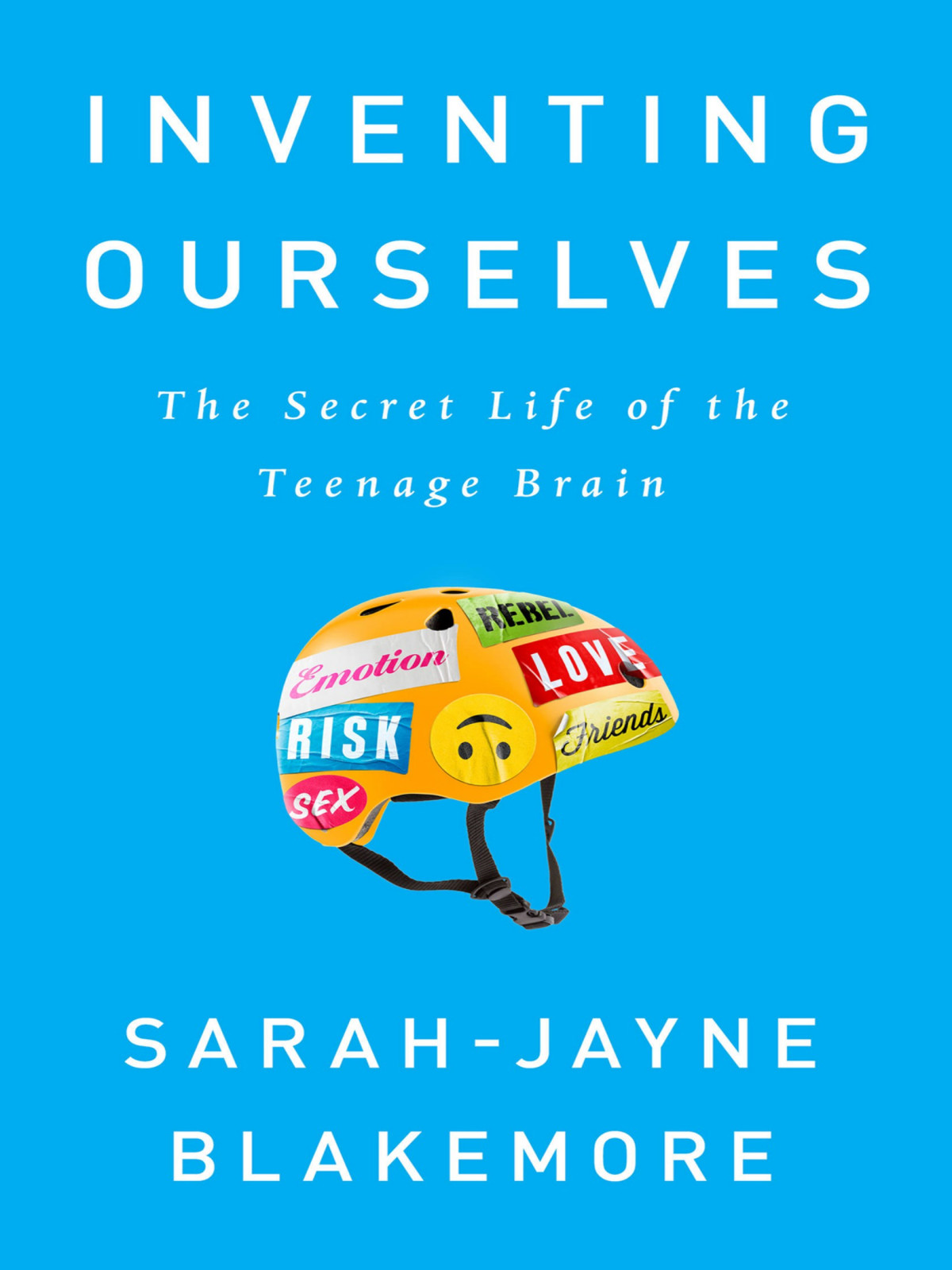

Most ebook files are in PDF format, so you can easily read them using various software such as Foxit Reader or directly on the Google Chrome browser.
Some ebook files are released by publishers in other formats such as .awz, .mobi, .epub, .fb2, etc. You may need to install specific software to read these formats on mobile/PC, such as Calibre.
Please read the tutorial at this link: https://ebookbell.com/faq
We offer FREE conversion to the popular formats you request; however, this may take some time. Therefore, right after payment, please email us, and we will try to provide the service as quickly as possible.
For some exceptional file formats or broken links (if any), please refrain from opening any disputes. Instead, email us first, and we will try to assist within a maximum of 6 hours.
EbookBell Team

4.1
30 reviewsA tour through the groundbreaking science behind the enigmatic, but crucial, brain developments of adolescence and how those translate into teenage behavior
The brain creates every feeling, emotion, and desire we experience, and stores every one of our memories. And yet, until very recently, scientists believed our brains were fully developed from childhood on. Now, thanks to imaging technology that enables us to look inside the living human brain at all ages, we know that this isn't so. Professor Sarah-Jayne Blakemore, one of the world's leading researchers into adolescent neurology, explains precisely what is going on in the complex and fascinating brains of teenagers--namely that the brain goes on developing and changing right through adolescence--with profound implications for the adults these young people will become.
Drawing from cutting-edge research, including her own, Blakemore shows:
How an adolescent brain differs from those of children and adults
Why problem-free kids can turn into challenging teens
What drives the excessive risk-taking and all-consuming relationships common among teenagers
And why many mental illnesses--depression, addiction, schizophrenia--present during these formative years
Blakemore's discoveries have transformed our understanding of the teenage mind, with consequences for law, education policy and practice, and, most of all, parents.